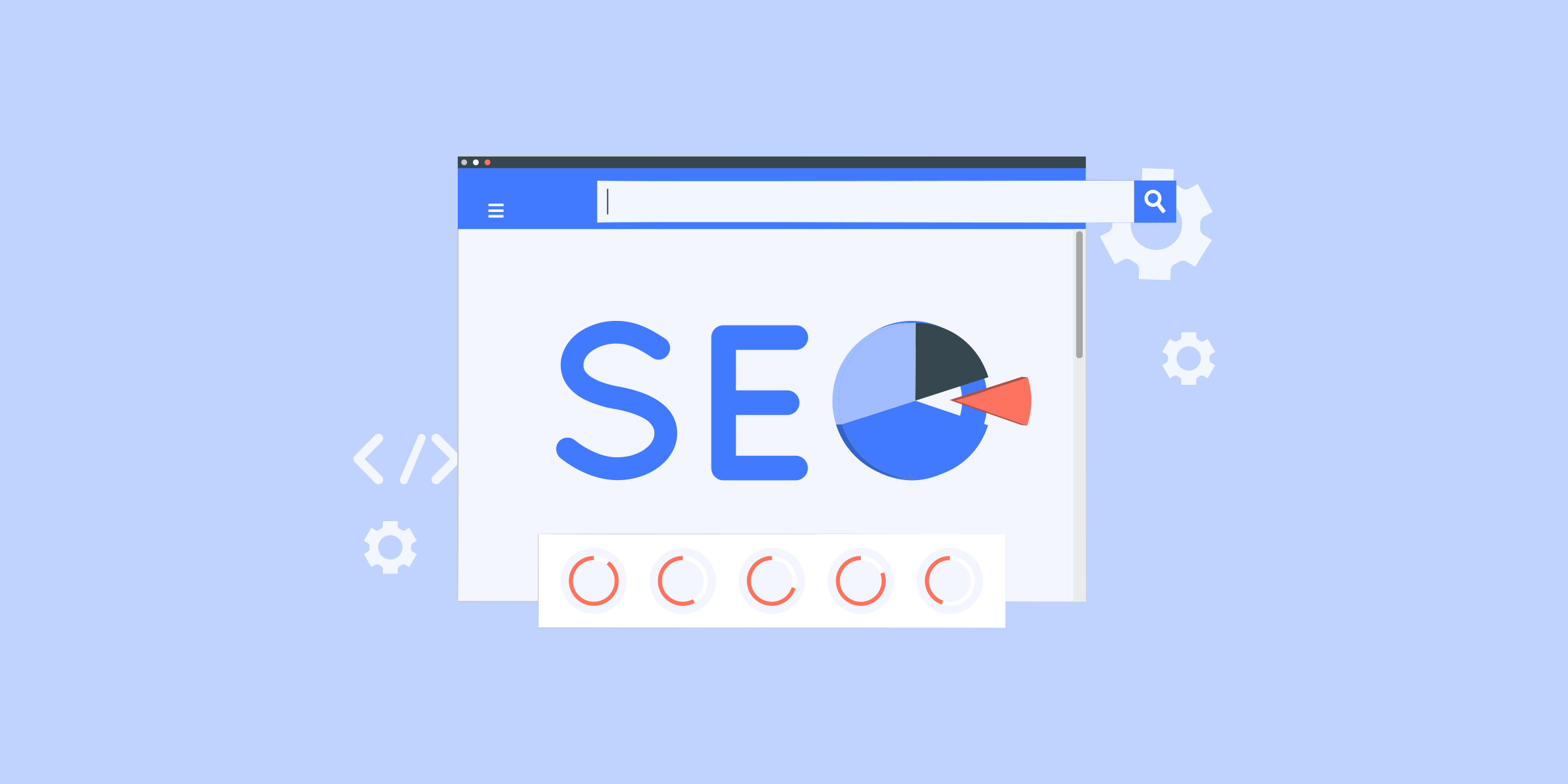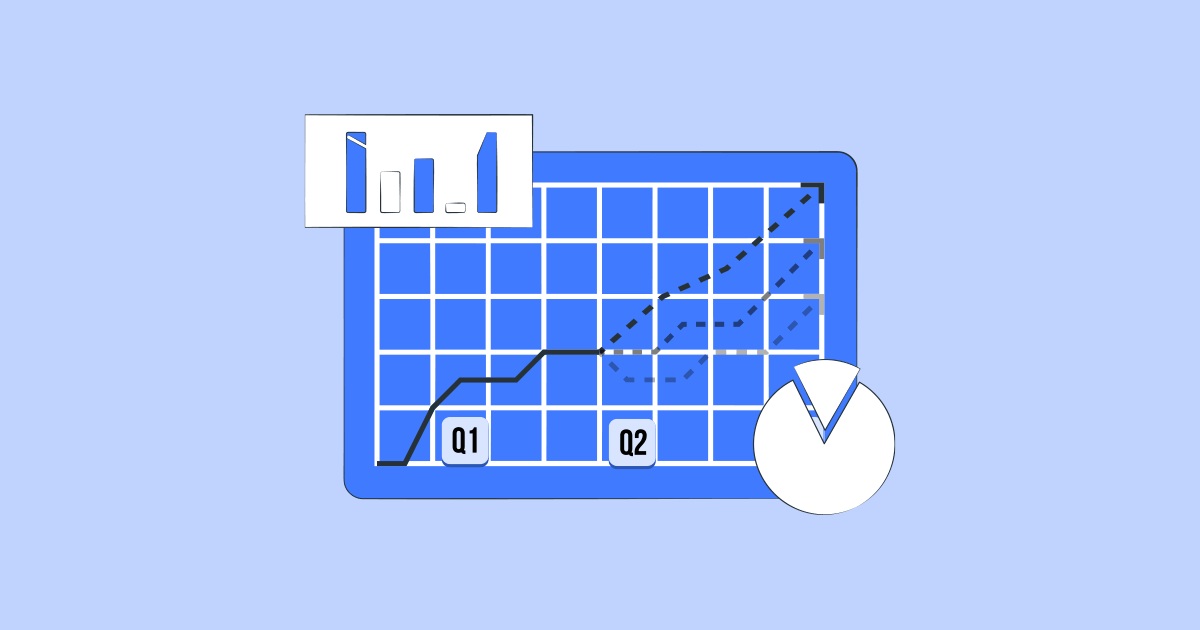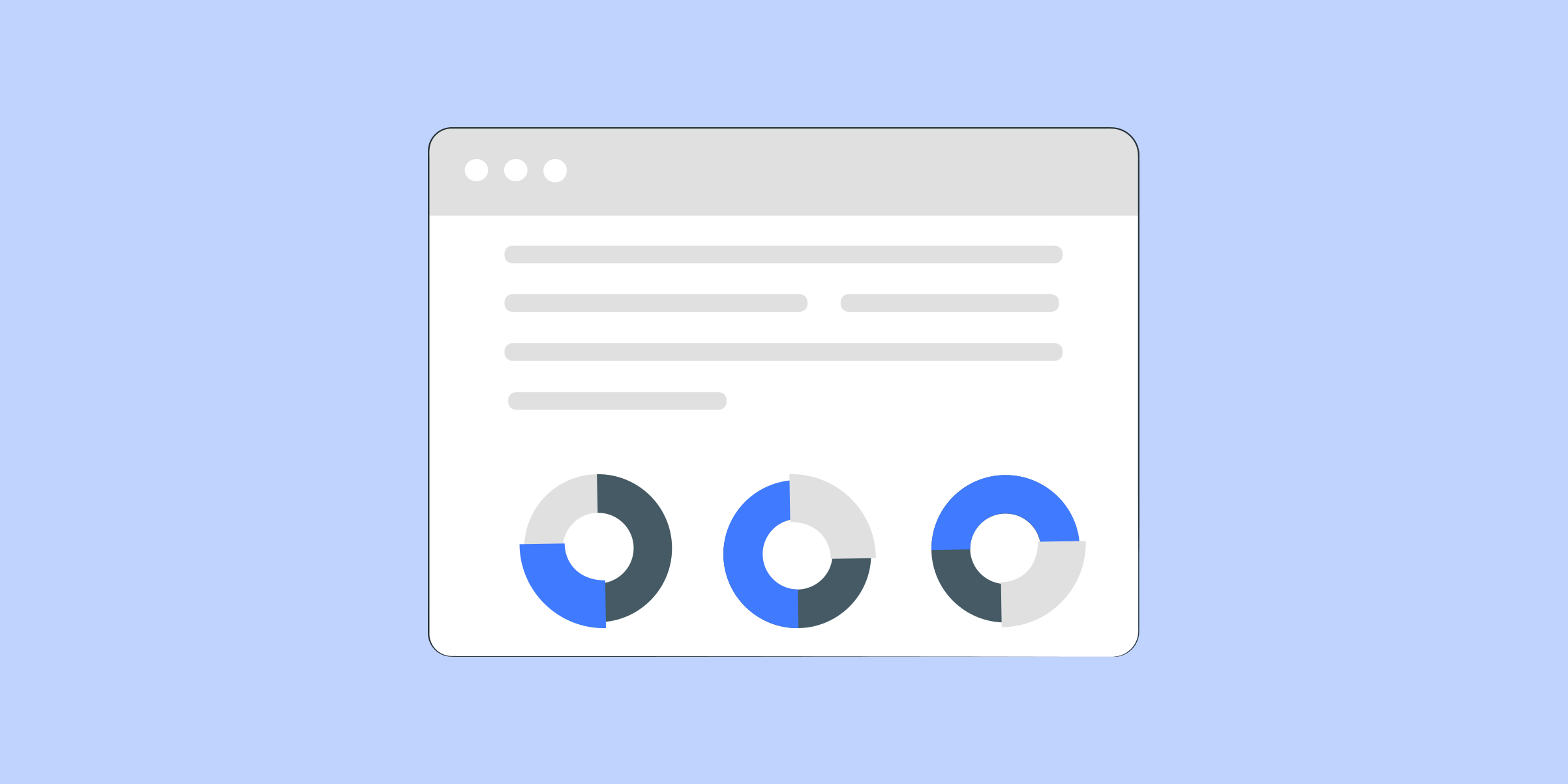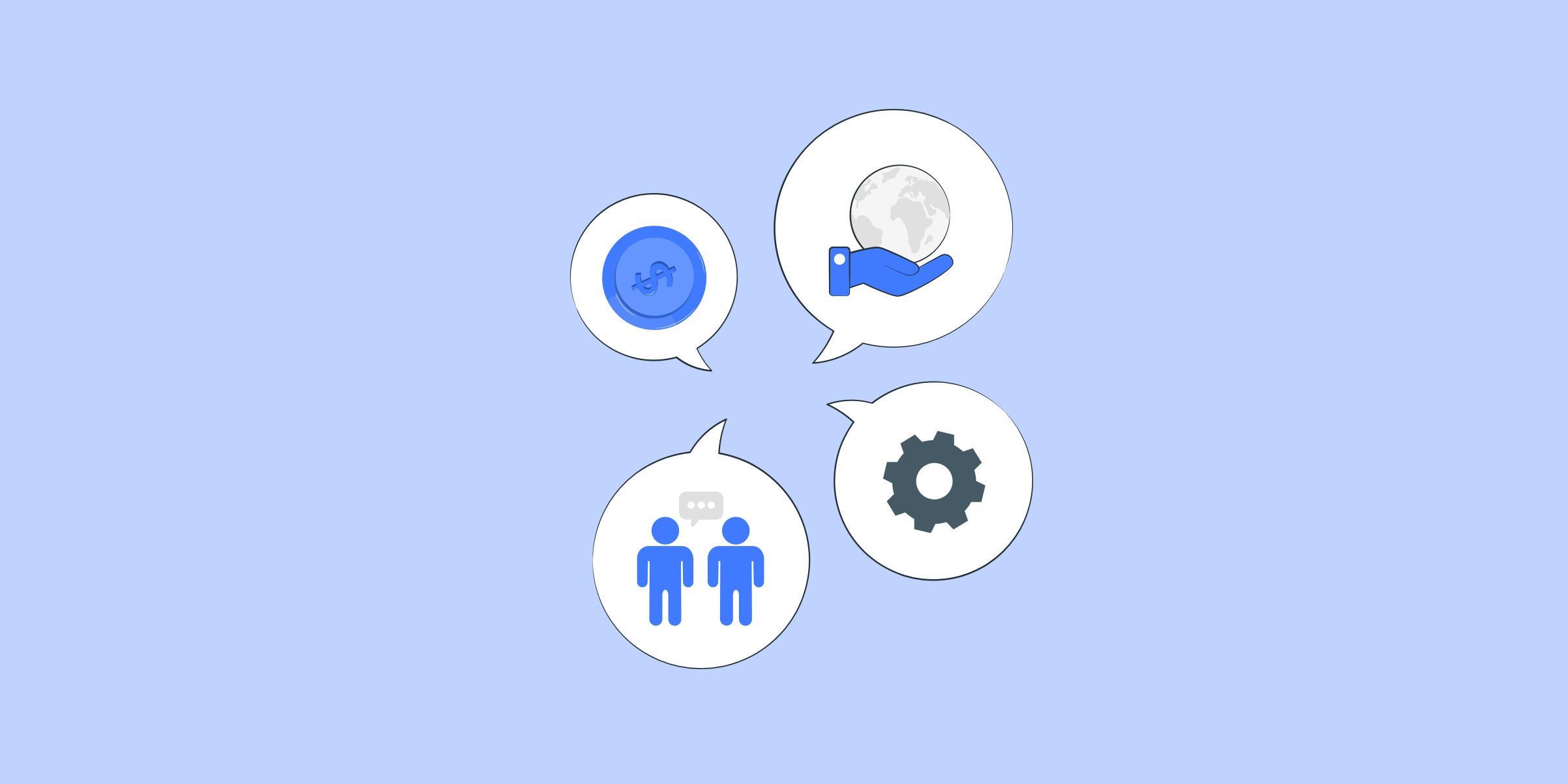Residential Proxies
Allowlisted 200M+ IPs from real ISP. Managed/obtained proxies via dashboard.

Proxies
Residential Proxies
Allowlisted 200M+ IPs from real ISP. Managed/obtained proxies via dashboard.
Residential (Socks5) Proxies
Over 200 million real IPs in 190+ locations,
Unlimited Residential Proxies
Use stable, fast, and furious 700K+ datacenter IPs worldwide.
Static Residential proxies
Long-lasting dedicated proxy, non-rotating residential proxy
Dedicated Datacenter Proxies
Use stable, fast, and furious 700K+ datacenter IPs worldwide.

Web Unblocker
View content as a real user with the help of ABC proxy's dynamic fingerprinting technology.
Proxies
API
Proxy list is generated through an API link and applied to compatible programs after whitelist IP authorization
User+Pass Auth
Create credential freely and use rotating proxies on any device or software without allowlisting IP
Proxy Manager
Manage all proxies using APM interface

Proxies
Residential Proxies
Allowlisted 200M+ IPs from real ISP. Managed/obtained proxies via dashboard.
Starts from
$0.77/ GB
Residential (Socks5) Proxies
Over 200 million real IPs in 190+ locations,
Starts from
$0.045/ IP
Unlimited Residential Proxies
Use stable, fast, and furious 700K+ datacenter IPs worldwide.
Starts from
$79/ Day
Rotating ISP Proxies
ABCProxy's Rotating ISP Proxies guarantee long session time.
Starts from
$0.77/ GB
Static Residential proxies
Long-lasting dedicated proxy, non-rotating residential proxy
Starts from
$5/MONTH
Dedicated Datacenter Proxies
Use stable, fast, and furious 700K+ datacenter IPs worldwide.
Starts from
$4.5/MONTH
Knowledge Base
English
繁體中文
Русский
Indonesia
Português
Español
بالعربية

The Ultimate Guide to Facebook Scraping: Uncovering Data Insights
Introduction
In the digital age, data has become the lifeblood of businesses seeking to gain a competitive edge. Facebook, as the largest social media platform globally, houses a treasure trove of information that can be valuable for market research, lead generation, and competitor analysis. However, accessing this data can be challenging without the right tools and knowledge. In this blog post, we will dive into the world of Facebook scraping, exploring its benefits, pitfalls, and best practices.
What is Facebook Scraping?
Facebook scraping refers to the process of extracting data from Facebook's public pages, groups, and profiles. This can include information such as user profiles, posts, comments, likes, and shares. Scraping allows businesses to gather data on their target audience, competitor activities, and industry trends. With the data in hand, businesses can gain insights to improve their marketing strategies, identify potential customers, and understand the behaviors and preferences of their audience.
Benefits of Facebook Scraping
1. Market and Competitor Research: Scraping Facebook data helps businesses understand market trends, consumer preferences, and competitor strategies. By analyzing the content and engagement on competitor pages, businesses can identify opportunities, fill gaps in the market, and optimize their advertising campaigns.
2. Lead Generation: Facebook scraping can assist businesses in generating high-quality leads. By scraping public groups or pages related to their industry, businesses can identify potential customers and engage them through personalized messaging or targeted ads.
3. Influencer Marketing: Scraping Facebook data can help businesses identify influential individuals or pages in their industry. By collaborating with these influencers, businesses can leverage their reach and reputation to amplify their brand message and increase brand awareness.
4. Social Listening: By scraping Facebook posts and comments, businesses can gain insights into customer sentiment, opinions, and preferences. This information can be invaluable for reputation management and product development.
Best Practices for Facebook Scraping
1. Respect Facebook's Terms of Service: Ensure that your scraping practices comply with Facebook's terms of service. Avoid scraping private profiles, passwords, or any sensitive information.
2. API Access: Utilize Facebook's Graph API to access data in a structured and legal manner. The API provides a secure and reliable way to retrieve data without violating any rules. Consider working with a developer familiar with Facebook's API to streamline the process.
3. Crawl Politely: When scraping data, ensure that you are not overwhelming Facebook's servers with requests. Respect server load limitations and implement delays between requests to avoid being flagged as a bot or being temporarily blocked.
4. Data Privacy and Compliance: Ensure that your scraping activities align with data privacy regulations, such as the EU's General Data Protection Regulation (GDPR) or the California Consumer Privacy Act (CCPA). Avoid storing or sharing personally identifiable information without proper consent.
Conclusion
Facebook scraping offers businesses a powerful tool to uncover valuable insights and gain a competitive advantage. By adhering to best practices, businesses can ethically scrape Facebook data, utilizing it effectively for market research, lead generation, and competitor analysis. Remember to respect user privacy and comply with the platform's terms of service to maintain a positive online reputation and avoid legal consequences. With the right approach and tools, Facebook scraping can unlock a wealth of information to drive business growth.
Featured Posts
Popular Products
Residential Proxies
Allowlisted 200M+ IPs from real ISP. Managed/obtained proxies via dashboard.
Residential (Socks5) Proxies
Over 200 million real IPs in 190+ locations,
Unlimited Residential Proxies
Use stable, fast, and furious 700K+ datacenter IPs worldwide.
Rotating ISP Proxies
ABCProxy's Rotating ISP Proxies guarantee long session time.
Residential (Socks5) Proxies
Long-lasting dedicated proxy, non-rotating residential proxy
Dedicated Datacenter Proxies
Use stable, fast, and furious 700K+ datacenter IPs worldwide.
Web Unblocker
View content as a real user with the help of ABC proxy's dynamic fingerprinting technology.
Related articles

Mastering the Art of HTTP Requests: Understanding cURL GET Syntax
Title: Mastering the Syntax of Curl GET RequestsWhen it comes to making HTTP requests, the Curl command-line tool is an invaluable resource for developers. One of the most common types of requests is the GET request, which retrieves data from a specified URL. Understanding the syntax of a Curl GET request is essential for effectively interacting with web servers.To initiate a Curl GET request, the syntax typically involves using the command 'curl' followed by the URL you wish to retrieve data from. Additional options can be included to customize the request, such as specifying headers, setting timeouts, or following redirects.By mastering the syntax of Curl GET requests, developers can efficiently retrieve data from web servers, troubleshoot issues, and integrate API calls into their applications. This knowledge is crucial for anyone working with web services or building web applications that rely on external data sources.In conclusion, a solid understanding of the syntax of Curl GET r

The Ultimate Guide to Socks Proxy Port Configuration
Title: Understanding SOCKS Proxy Ports: A Comprehensive GuideWhen it comes to utilizing a SOCKS proxy for secure and private internet browsing, the selection of the right port is crucial. The SOCKS proxy protocol acts as an intermediary between the user's device and the internet, offering a layer of protection and anonymity. Different ports are used for various purposes, with the most common being SOCKS4 (port 1080) and SOCKS5 (port 1080 or 1081). Understanding the significance of these ports is essential to ensure smooth and secure communication between the client and the proxy server.In this blog post, we will delve into the intricacies of SOCKS proxy ports, exploring their functionalities, advantages, and potential vulnerabilities. We will also discuss best practices for configuring and securing SOCKS proxy ports to enhance online privacy and security.By the end of this guide, you will have a comprehensive understanding of how SOCKS proxy ports work and how to leverage them effectiv

The Benefits of Using a Residential IP Proxy Service for Online Security and Privacy
If you are looking for a reliable and secure way to browse the internet with a different IP address, a residential IP proxy service is the solution for you. Residential IP proxies allow you to connect to the internet through a legitimate residential IP address, giving you the freedom to access geo-restricted content and protect your online identity.Unlike datacenter proxies, which are easy to detect and block, residential IP proxies provide a more authentic browsing experience. By routing your internet traffic through real residential IP addresses, these proxies make it difficult for websites and online services to identify you as a proxy user.Residential IP proxy services offer a vast pool of IP addresses sourced from real residential internet service providers (ISPs). This means that when you connect to the internet using a residential IP proxy, your traffic appears just like any other regular user, adding an extra layer of anonymity to your online activities.One of the significant a